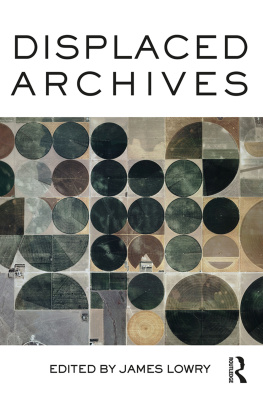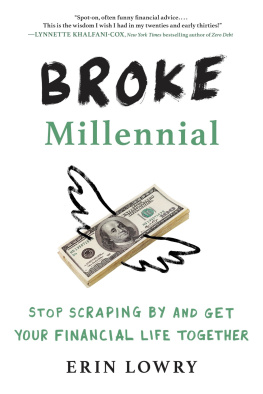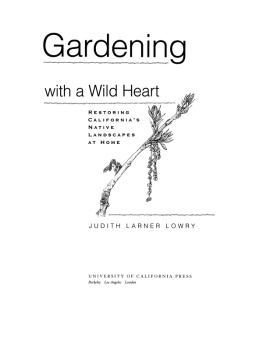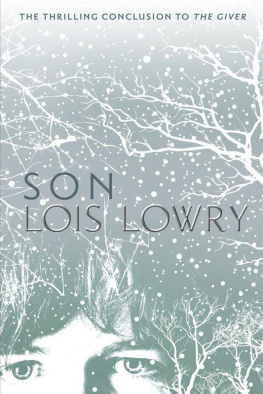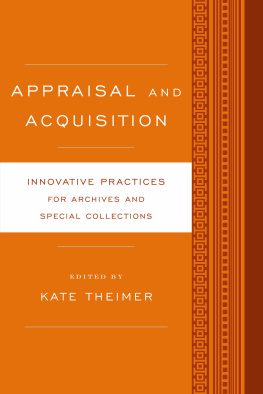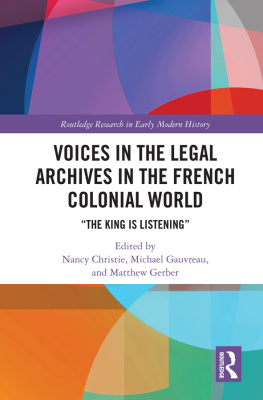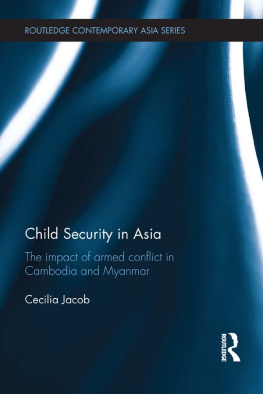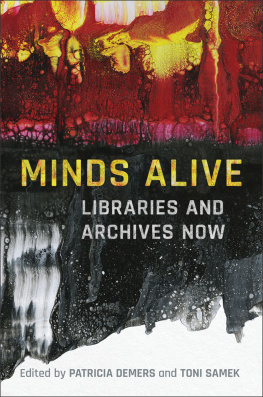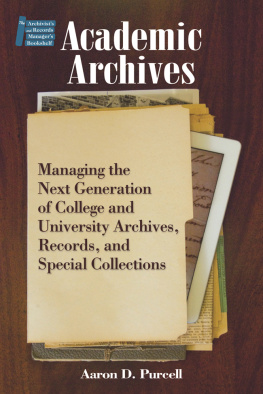Displaced Archives
Displaced archives have long been a problem and their existence continues to trouble archivists, historians and government officials. Displaced Archives brings together leading international experts to comprehensively explore the current state of affairs for the first time. Drawing on case studies from around the world, the authors examine displaced archives as a consequence of conflict and colonialism, analysing their impact on government administration, nation building, human rights and justice. Renewed action is advocated through considerations of the legal approaches to repatriation, the role of the international archival community, shared heritage approaches and other solutions. The volume offers new theoretical, technical and political insights and will be essential reading for practitioners, academics and students in the field of archives, cultural property and heritage management, as well as history, politics and international relations.
James Lowry is a Lecturer in the Liverpool University Centre for Archive Studies, UK.
Displaced Archives
Edited by James Lowry

First published 2017
by Routledge
2 Park Square, Milton Park, Abingdon, Oxon OX14 4RN
and by Routledge
711 Third Avenue, New York, NY 10017
Routledge is an imprint of the Taylor & Francis Group, an informa business
2017 selection and editorial matter, James Lowry; individual chapters, the contributors
The right of James Lowry to be identified as the author of the editorial material, and of the authors for their individual chapters, has been asserted in accordance with sections 77 and 78 of the Copyright, Designs and Patents Act 1988.
All rights reserved. No part of this book may be reprinted or reproduced or utilised in any form or by any electronic, mechanical, or other means, now known or hereafter invented, including photocopying and recording, or in any information storage or retrieval system, without permission in writing from the publishers.
Trademark notice : Product or corporate names may be trademarks or registered trademarks, and are used only for identification and explanation without intent to infringe.
British Library Cataloguing in Publication Data
A catalogue record for this book is available from the British Library
Library of Congress Cataloguing in Publication Data
A catalog record for this book is available from the Library of Congress
ISBN: 978-1-4724-7069-0 (hbk)
ISBN: 978-1-315-57760-9 (ebk)
Typeset in Times New Roman
by Deanta Global Publishing Services, Chennai, India
Contents
James Lowry
Charles Kecskemti
Todd Shepard
Mandy Banton
Michael Karabinos
Vincent Hiribarren
Timothy Lovering
Nathan Mnjama and James Lowry
Leopold Auer
Patricia Kennedy Grimsted
Bruce Montgomery
Anne J. Gilliland
Douglas Cox
Leopold Auer , formerly sterreichisches Staatsarchiv.
Mandy Banton , Institute of Commonwealth Studies, School of Advanced Study, University of London.
Douglas Cox , School of Law, City University of New York.
Anne J. Gilliland , Department of Information Studies, University of California, Los Angeles.
Vincent Hiribarren , Department of History, Kings College London.
Michael Karabinos , Institute for History, Leiden University.
Charles Kecskem ti , former Executive Secretary of the International Council on Archives.
Patricia Kennedy Grimsted , Ukrainian Research Institute and Davis Center for Russian and Eurasian Studies, Harvard University; International Institute of Social History, Amsterdam.
Eric Ketelaar , Department of Media Studies, University of Amsterdam.
Timothy Lovering , Centre for Archive and Information Studies, University of Dundee.
James Lowry , Liverpool University Centre for Archive Studies, University of Liverpool.
Nathan Mnjama , Department of Library and Information Studies, University of Botswana.
Bruce Montgomery , Special Collections and Archives, University of Colorado, Boulder.
Todd Shepard , Department of History, John s Hopkins University.
Eric Ketelaar
Archives ... Worth Fighting For! was the message on a t-shirt, printed by students in archival enterprise at the University of Texas on the occasion of Archives Week 1999. The t-shirt also carried the image of Angelina Eberly firing the cannon in the Archives War of 1842 that kept the national archives of Texas in Austin, and thus kept Austin as the capital of the Republic and later the state. Fighting for archives when archives are the cause of a conflict or hunted for their content or merely used as a pawn ... Fighting for archives may also make archives a victim. Whatever the cause for such fighting, it often concerns archives removed from the place where they originally accumulated. The archives may have been moved to a safe place, captured by military force and removed elsewhere or removed following seizure and confiscation.
These are displaced archives, a term used as early as 1960 by Ernst Posner when commemorating the second Archivist of the United States, Solon Justus Buck. From 1943, Buck (assisted by Posner) promoted programmes to protect archives in war areas in Europe and Asia, including establishing collection centres for displaced archives to be returned to their rightful owners. Among these displaced archives were diplomatic, military, administrative and historical archives of the defeated enemy, along with archives that the enemy had seized in occupied countries. The collection centres were just one stop on an odyssey of the archives before they reached their final destination. That journey often ended only decades later and still there are archives displaced during or after armed conflict lingering in custody, public and private.
Archives are always displaced, that is (in day-to-day language), removed from place A to place B. An immigrant relocates with some of his documents to another place, a government agencys records are transferred from its offices to an archival repository, private papers are sold to a new owner residing within or outside the country of origin. Administrative reform and state succession can cause archives to be moved elsewhere. Archives can migrate to another location, legally with the migrants other possessions or illegally. Colonisation and decolonisation lead to archives ending up at places other than where they were created.
Each of these categories of displaced archives is Worth Fighting For! but each struggle for the files is difficult and fraught with delays, blockages and obstructions that prolong the strife. This is due to different reasons. In the first place, I agree with Douglas Cox that fighting for displaced archives often is a substitute for fighting over the historical events that gave rise to the displacement. Moreover, fighting for archives is exercising power: the power to dispose, detain, return and donate and to determine the conditions. Those powers are generally hidden behind legal, political, religious and professional arguments. These arguments, in turn, are invoked as principles that should guide the fate of displaced archives. But practice does not always obey principle, as Leopold Auer comments. Power, principles and practice can defeat or protract the process of returning displaced archives.
This is aggravated by the incommensurability of the legal regimes governing the displacement and return of archives, and the inequality of the parties involved. Inequality also within the parties: diplomats, lawyers, politicians, military, archivists their agendas, principles and practices only seldom converge. One of the strategies for overcoming this scramble is resorting to the practical resolution of disputes over displaced archives on a case-by-case basis, rather than striving at an all-encompassing and definitive arrangement. One such pragmatic option is leaving unanswered, for the time being, the question where the rightful place of the archives is, and rather endeavouring to facilitate access to the archives, considering the International Council on Archives (ICA) Principles of Access to Archives .
Next page
